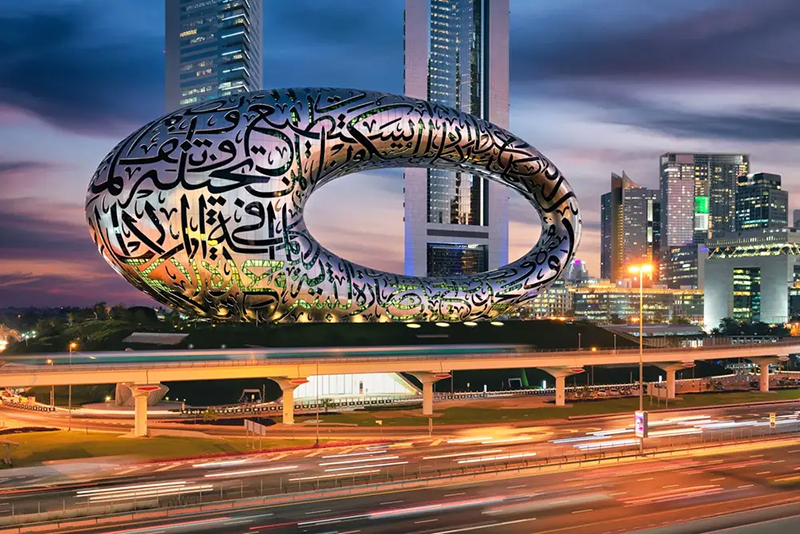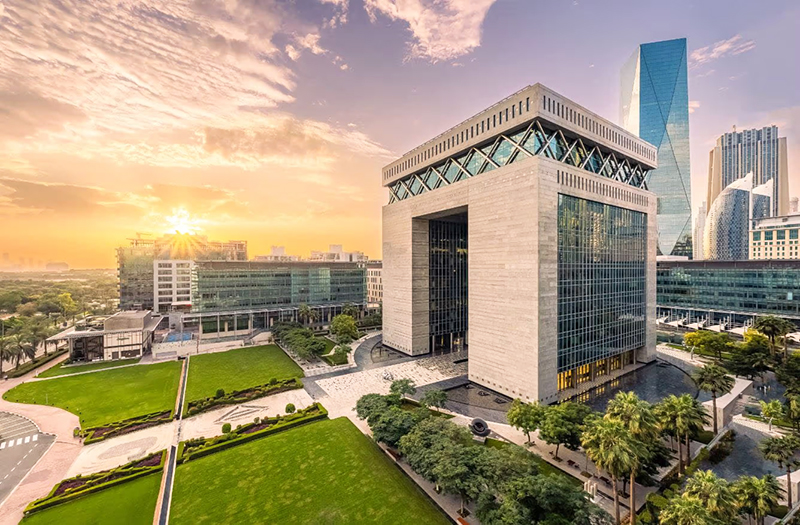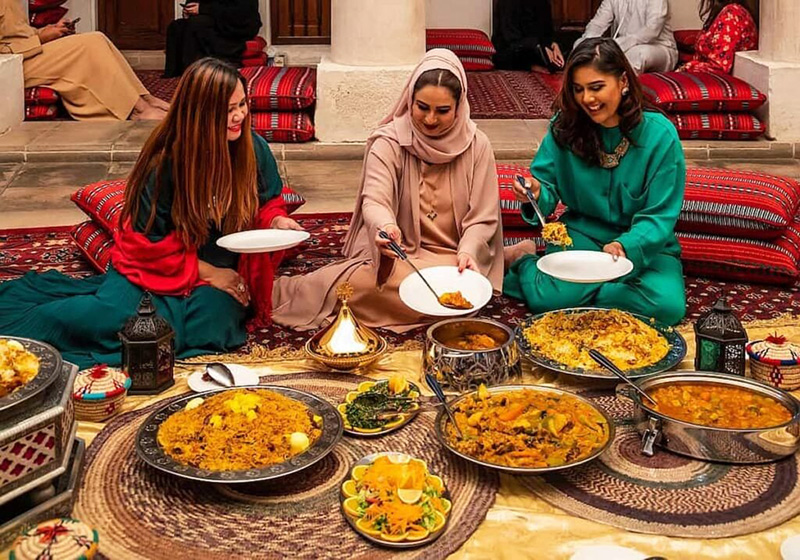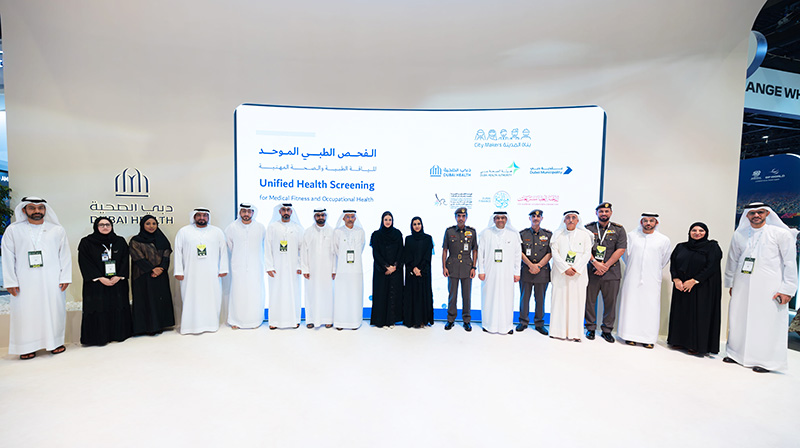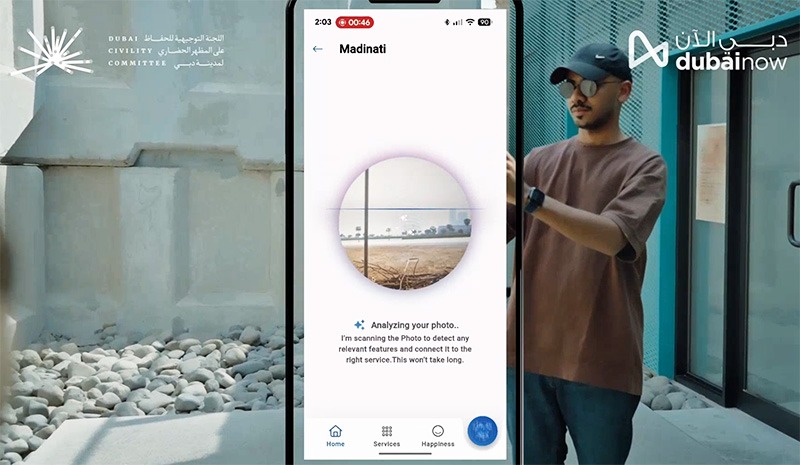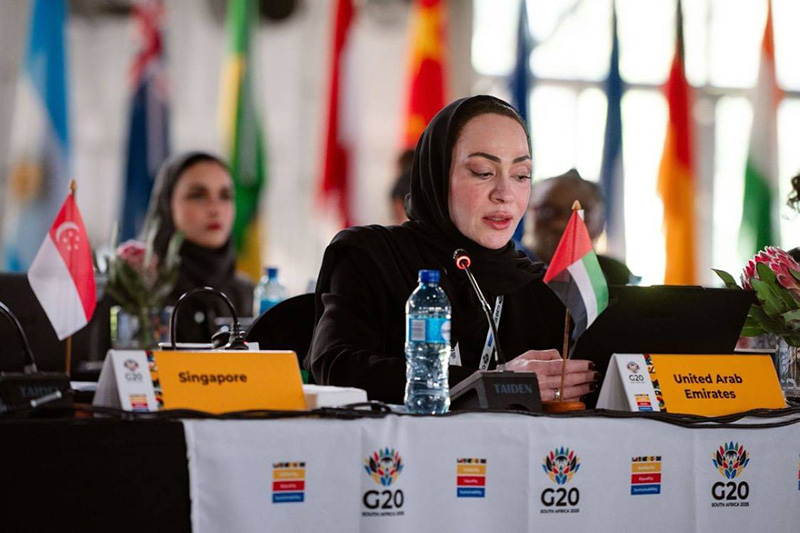
The United Arab Emirates has successfully developed a comprehensive framework to champion the empowerment of women, built on structured, forward-looking policies that aim to elevate women’s status, address their challenges, and prepare them for leadership roles across all sectors. This national approach not only drives equality but also enhances the UAE’s competitiveness regionally and globally.
Key national institutions—such as the UAE Gender Balance Council and the Dubai Women Establishment—have played a vital role in supporting these efforts. Through well-designed programs and international collaborations, these organizations have contributed to building the leadership capabilities of Emirati women and positioning them in senior roles across both public and private sectors.
According to Moza Al Ghowais Al Suwaidi, Secretary-General of the UAE Gender Balance Council, there are ongoing national efforts to increase women’s participation in the private sector and boost their representation in decision-making positions. The council has adopted multiple strategies aimed at creating an inclusive and balanced work environment—fully aligned with the country’s broader vision of empowering women as active partners in sustainable development.
These efforts are being implemented in coordination with key strategic partners from across government and business sectors. Among the most notable collaborations is the partnership with the Emirati Talent Competitiveness Council (Nafis) and the launch of the “SDG 5 Pledge to Accelerate Gender Balance in Leadership.” This initiative, which focuses on increasing the presence of women in leadership roles in the private sector, was developed in collaboration with the National Committee on Sustainable Development Goals and the Private Sector Advisory Council on SDGs. It is regarded as the first of its kind globally targeting the private sector’s role in achieving gender balance.
A growing number of private sector companies—both national and multinational—have voluntarily signed the pledge. These organizations have committed to increasing women’s representation in senior and middle management to at least 30% by the year 2025 for the first group of participants, and by 2028 for companies joining the second phase of the initiative.
Al Suwaidi noted that this initiative has already led to visible improvements in female representation across private sector leadership positions. She emphasized that greater diversity in leadership enhances innovation and governance and contributes to building a more inclusive, competitive, and sustainable economy.
The UAE’s Gender Balance Strategy 2026 also aims to bridge gender gaps across all sectors and elevate the country’s position in global competitiveness reports related to gender equality. Reflecting these efforts, the UAE ranked first in the region in the 2025 Global Gender Gap Report issued by the World Economic Forum. The country also secured 13th place globally and maintained its top regional position in the 2025 Gender Inequality Index published by the United Nations Development Programme.
Naema Al Ahli, Executive Director of the Dubai Women Establishment, reaffirmed that empowering Emirati women in leadership is one of the institution’s key strategic priorities. The Establishment continues to deliver advanced training and development programs designed to enhance leadership skills and prepare Emirati women for senior roles in local and international institutions. These programs are carried out in collaboration with prestigious universities and global organizations known for their expertise in leadership education.
Al Ahli explained that these training initiatives are not just about equipping women with leadership tools, but also about strengthening their ability to navigate change, lead with confidence, and make impactful decisions. Among the programs offered are “Women on Global Boards,” “SheLeads” for future women leaders, and “Tamkeen Plus,” aimed at empowering female committee leaders in government and semi-government entities.
Through this structured, multi-sector approach, the UAE continues to solidify its position as a global role model in women’s empowerment. The country’s commitment to gender balance, inclusive governance, and sustainable development highlights a clear path forward—one where women are central to national progress and leadership.

